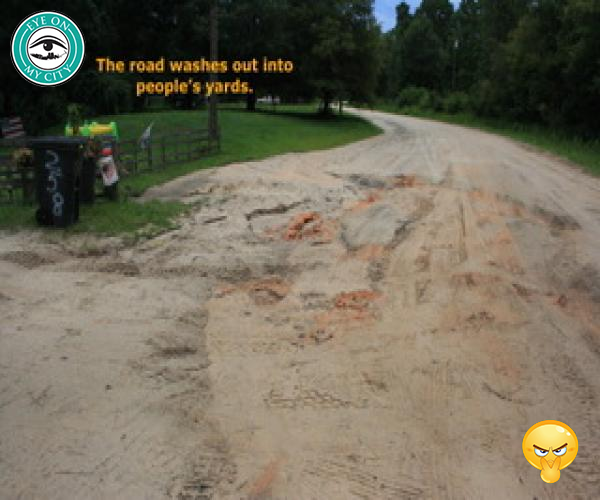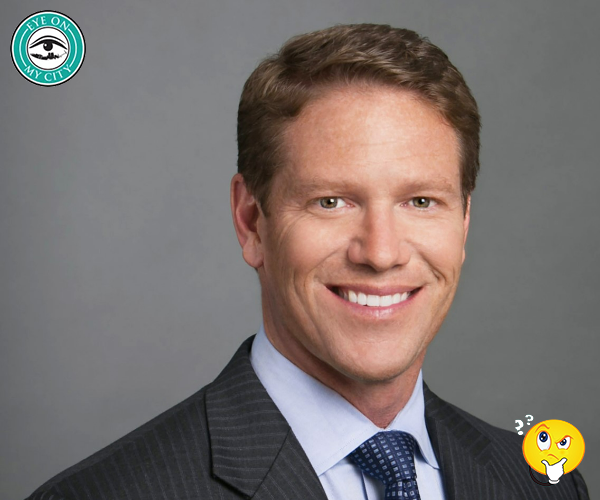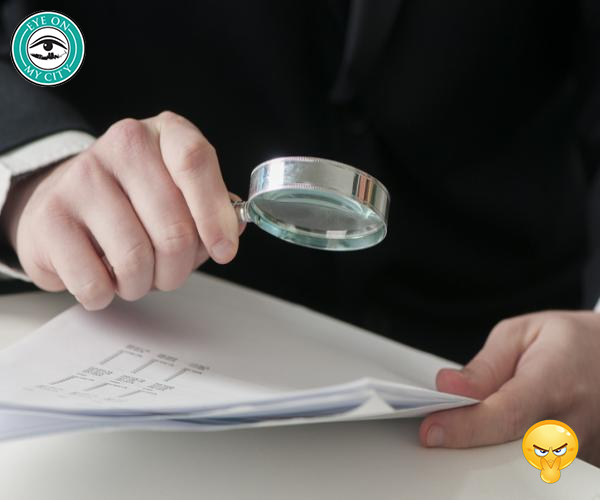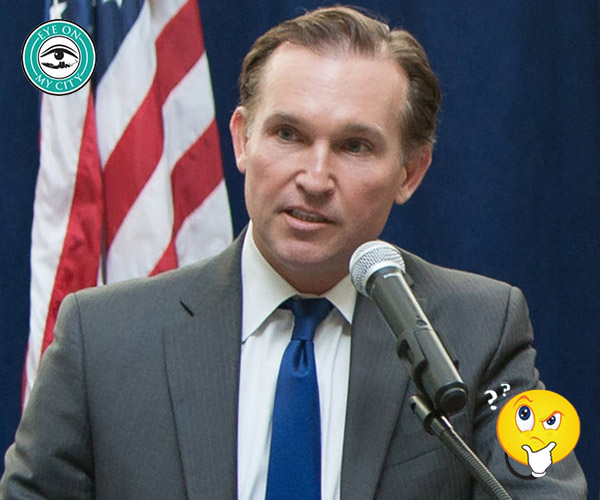I have lived in Clay County more than nine years and during that entire time have seen tax dollars literally being washed away every time it rains.
The county Public Works Department is responsible for maintaining and repairing the county’s more than 200 miles of dirt roads.
Reviewing the 2021-22 fiscal year budget, Eye on Jacksonville found the department was allocated $6,925,550 to maintain and repair county roadways, drainage and ditches.
The Engineering Department is responsible for designing the plans to pave a dirt road and ranks these roads based on ten criteria. The department is given an annual budget of $500,000 to use for paving projects.
Richard Smith, county engineering director, told Eye that, considering the number of roads yet to be paved and his department’s annual budget, “At this rate we will have the roads completed in 200 years.”
Smith said residents on a street can create a petition to request paving. The more signatures it has the more effective it will be.
Yucca Street in Middleburg is one of the roads the Engineering Department has listed for paving, at a cost of $1,090,000. It is a dirt road.
In the last nine years Yucca has been graded a minimum of 117 times. It has had dump-truck loads upon dump-truck loads of sand brought in to repair the extensive erosion.
Two residents on this street have had severe erosion at the entrance to their driveways, a ditch almost a foot deep, more than once.
A section of road washed away creating a ditch in the road became nearly impassable. The county used a type of tar/gravel for the repair. This repair still washes out after a heavy rain, but not as severely.
Several residents along this road have watched the sand from the road wash into their yards.
The sand also washes into the ditches and prevents drainage. When this happens, the county must use heavy equipment to clean out the ditches.
Observing all the resources that have been expended, Eye can’t help but question the decades of tax dollars this repetitious repair has cost the citizens of Clay County.
Jacksonville has 3,757 miles of roads and only four are not paved. It learned beginning in the 1980s that paving the many miles of unpaved roads that existed before then would save money in the long run, and also improve the city’s appearance.







